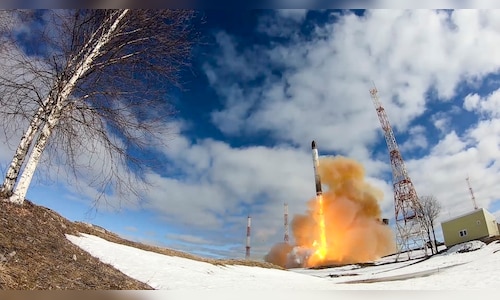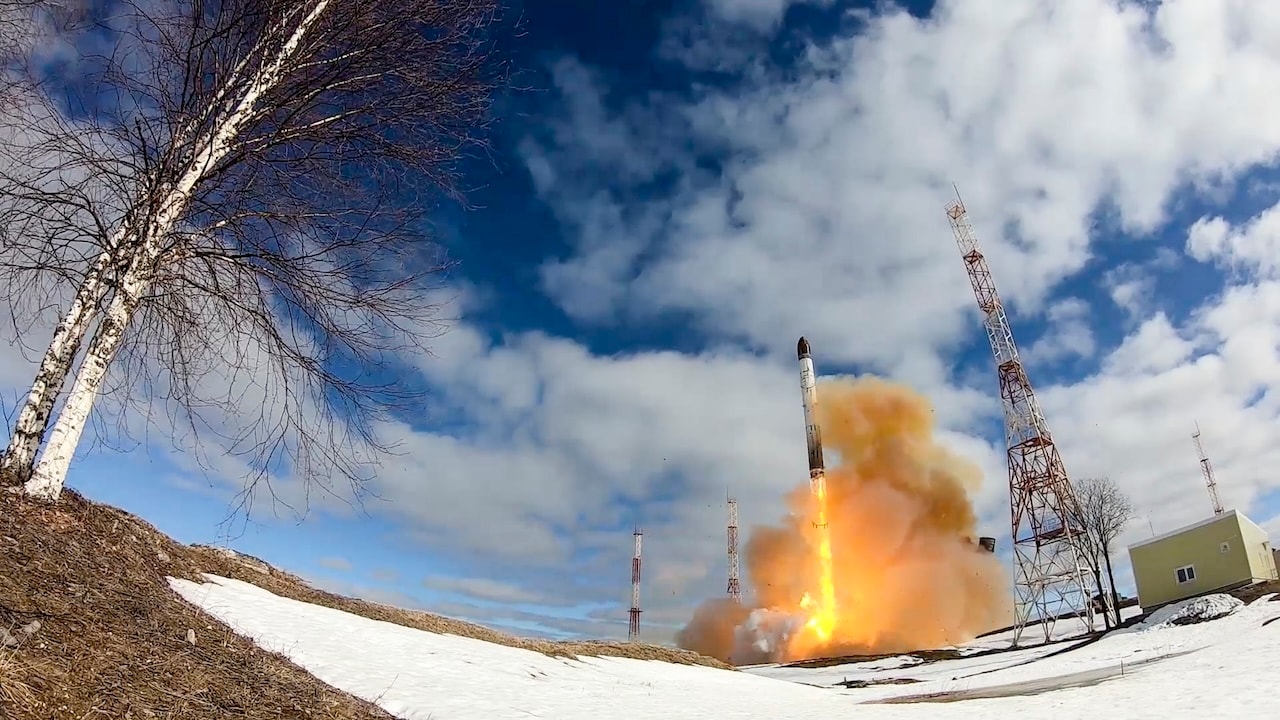

Iran held talks about its disputed nuclear programme in November, 2024, with Britain, France and Germany.
Those discussions, the first since the US election, came after Tehran was angered by a European-backed resolution that accused Iran of poor cooperation with the UN nuclear watchdog.
Tehran reacted to the resolution by informing the IAEA watchdog that it plans to install more uranium-enriching centrifuges at its enrichment plants.
UN nuclear watchdog chief Rafael Grossi told Reuters in December that Iran is “dramatically” accelerating its enrichment of uranium to up to 60% purity, closer to the roughly 90% level that is weapons-grade. Tehran denies pursuing nuclear weapons and says its programme is peaceful.
In 2018, the then administration of Donald Trump exited Iran’s 2015 nuclear pact with six major powers and reimposed harsh sanctions on Iran, prompting Tehran to violate the pact’s nuclear limits, with moves such as rebuilding stockpiles of enriched uranium, refining it to higher fissile purity and installing advanced centrifuges to speed up output.
Indirect talks between US President Joe Biden’s administration and Tehran to try to revive the pact have failed, but Trump said during his election campaign in September: “We have to make a deal, because the consequences are impossible. We have to make a deal”.



